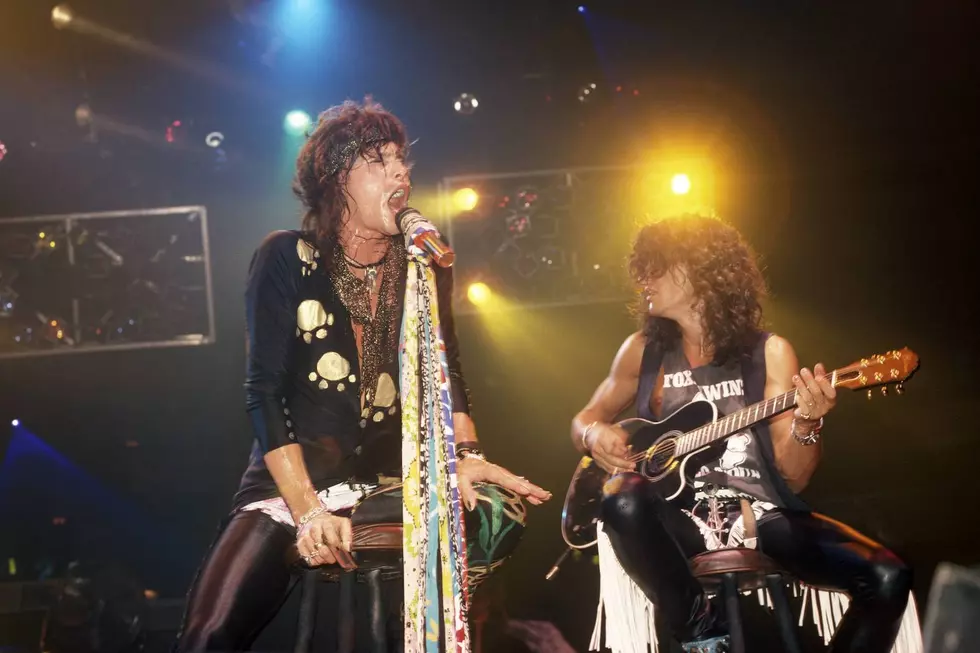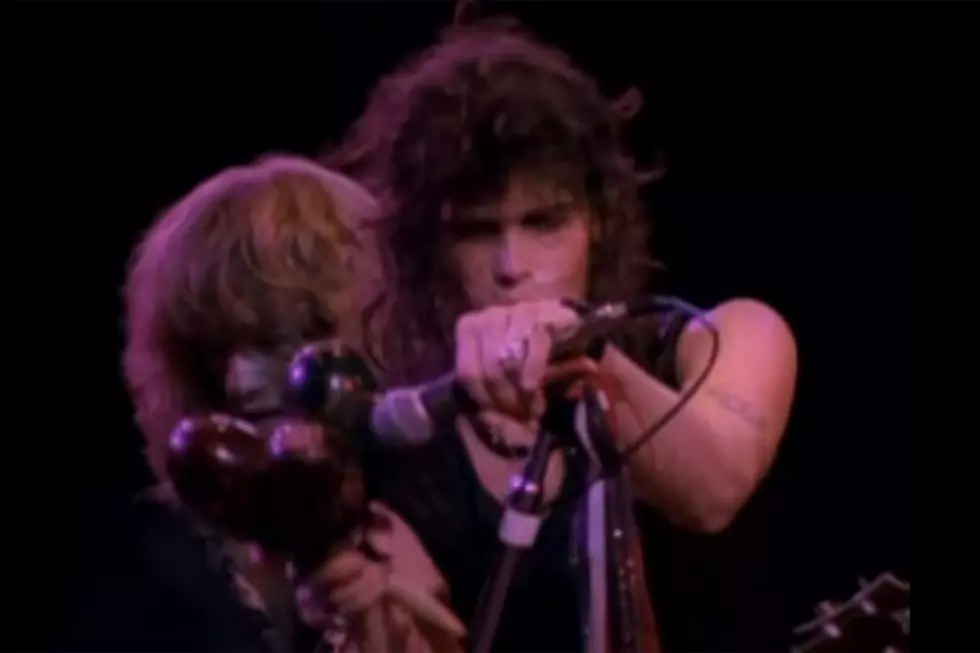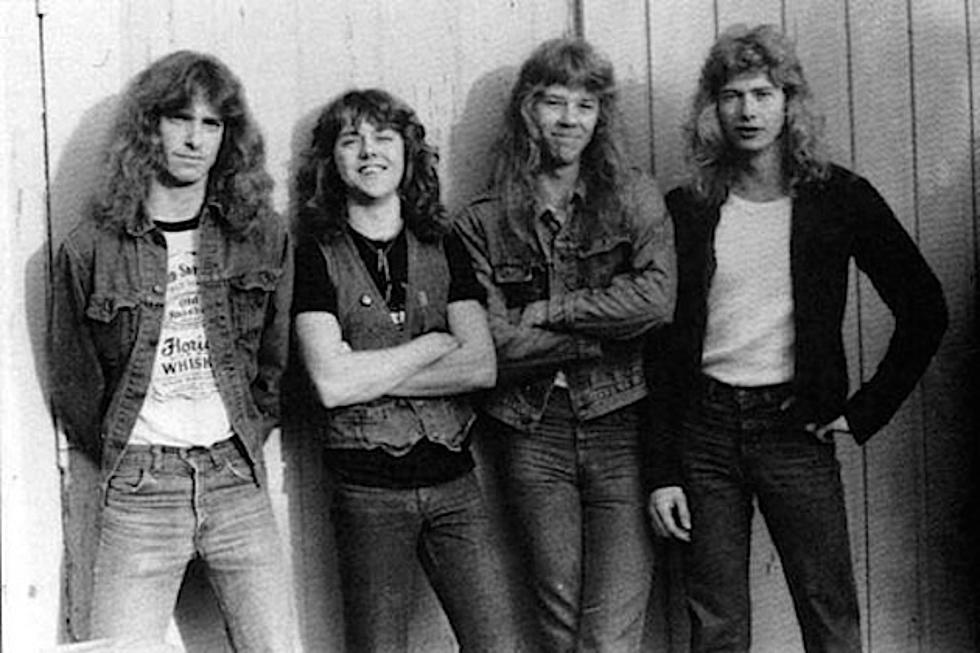
How ‘Hangman Jury’ Helped Aerosmith Bridge Their Career Gap
Aerosmith scaled the charts with a vengeance with their career-rejuvenating, multiplatinum 1987 album Permanent Vacation. But before glossy pop-rockers like "Dude (Looks Like a Lady)" and mega-ballads like "Angel" put them back on top, the bluesy "Hangman Jury" helped bridge the gap between Aerosmith's raucous mid-'70s heyday and their new chapter as MTV golden boys.
The Permanent Vacation sessions plunged Aerosmith into uncharted waters. It was their first time writing an album sober after years of perilous, band-breaking drug abuse; their first time recording at Vancouver's Little Mountain Sound Studios with glam-metal producer du jour Bruce Fairbairn; and their first time collaborating with outside songwriters in the form of Jim Vallance, Desmond Child and Holly Knight.
These new circumstances left the veteran rockers a little rattled, but once the music started flowing, their anxieties began to melt away. "I was a little apprehensive about writing and playing completely sober," guitarist Joe Perry reflected in his 2014 memoir Rocks: My Life In and Out of Aerosmith. "So when the riff to 'Hangman Jury' came flying off an old funky Silvertone guitar I had found, I was relieved. The music was there. The music was always there."
Listen to Aerosmith's 'Hangman Jury'
With its blustery harmonica, swampy guitar licks and ominous, back-porch storytelling about a man who shoots his (allegedly) adulterous wife, "Hangman Jury" consciously evoked the old blues greats Perry and Steven Tyler had been raised on — perhaps to a fault. "The music for 'Hangman' reflected the rapport I'd always felt for Taj Mahal's deep-rooted blues," Perry wrote in Rocks. "I knew we were off to a good start. I kept telling myself that, as a sober kid, I had loved music. The excitement and drive were built in, not supplied by a bottle or a drug."
Tyler's lyrics — particularly the "Oh, boy, don't you line the track-a-lack-a" chorus — were inspired by "Linin' Track," a traditional folk song covered by several blues artists, including Taj Mahal and Lead Belly. While Tyler incorrectly believed the song to be in the public domain, Lead Belly (born Huddie Ledbetter) had claimed authorship of "Linin' Track" several decades earlier, explained Vallance, who helped the reformed Toxic Twins get the song over the finish line. Lead Belly's version of "Linin' Track" was posthumously released in 1989, and his estate subsequently sued Aerosmith for copyright infringement over "Hangman Jury."
Listen to Lead Belly Perform 'Linin' Track'
The damage from the lawsuit paled in comparison to the success of Permanent Vacation, which sold 5 million copies in the U.S. and reestablished Aerosmith as world-conquering rock behemoths. "Hangman Jury," released as a promotional single in tandem with the album on Aug. 18, 1987, peaked at No. 14 on Billboard's Mainstream Rock chart that December. More importantly, it helped reestablish Aerosmith's blues-rock credibility and became a fan favorite among metalhead teens and hotshot producers.
"Even my 14-year-old son, who loves heavy metal — he listens to Aerosmith and all that stuff, Jimi Hendrix and Metallica — he came up and said, 'I like this one, and I like this one, but you know, I really like "Hangman Jury."' It was like the first song he played over and over again from the record," Perry told the Baltimore Sun in 1987. "And I talked to Rick Rubin — he loves AC/DC, he produced the Cult record [1987's Electric], he did [Beastie Boys'] 'Fight for Your Right to Party' — and he goes, 'I like this one, and I like that one, but you know, I really like "Hangman Jury."' It's interesting, the spectrum of people who pick up on that."
Aerosmith Albums Ranked
More From KKTX FM










